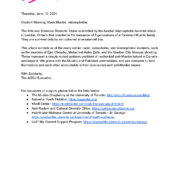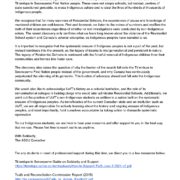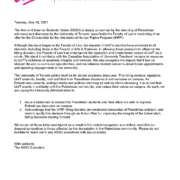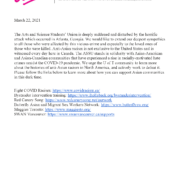Fall 2021 Executive By-election statements
Here are the statements from the candidates for our Fall Executive By-election. Candidates will be elected at our October 1st ASSU Council meeting.
Thank you to everyone who put their names forward to run for a position!









 Elena Iourtaeva
Elena Iourtaeva